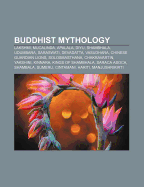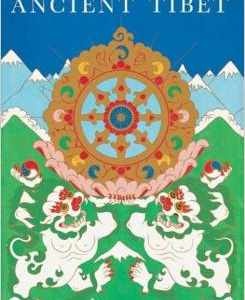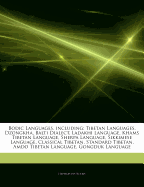Description
Please note that the content of this book primarily consists of articles available from Wikipedia or other free sources online. Pages: 37. Chapters: Lakshmi, Mucalinda, Apalala, Diyu, Shambhala, Udumbara, Saraswati, Devadatta, Vasudhara, Chinese guardian lions, Solosmasthana, Chakravartin, Yakshini, Kinnara, Kings of Shambhala, Saraca asoca, Shambala, Sumeru, Cintamani, Hariti, Manjushrikirti, Sanzu River, Three Ages of Buddhism, Avici, Abhaswaras, Datsue-ba, Manohara, Hama Yumi, Kene, Kalapa, Naree Pons. Excerpt: Lakshmi (Sanskrit:, Hindi pronunciation: , Tamil: latchumi, Telugu:, Lakshmi) is the Hindu goddess of wealth, prosperity (both material and spiritual), light, wisdom, fortune, fertility, generosity and courage; and the embodiment of beauty, grace and charm. Representations of Lakshmi are also found in Jain monuments. Also called Mahalakshmi, She is said to bring good luck, and is believed to protect Her devotees from all kinds of misery and money-related sorrows. Lakshmi in Sanskrit is derived from its elemental form lakS, meaning to perceive or observe.This is synonymous with lak ya, meaning aimor objective.The Hindu sacred texts, the Vedas call Mahalakshmi as Lakshyayidhi Lakshmihi which means She is the one who has the object and aim of uplifting mankind. Mahalakshmi is called Shri or Thirumagal ( in Tamil; in Telugu) because She is endowed with six auspicious and divine qualities, or Gunas, and also because She is the source of strength even to Lord Narayana. She is the consort of Vishnu and married Rama (in Her incarnation as Sita) and Krishna (as Radha and later Rukmini). All the wives of Krishna were forms of Lakshmi. In Durga Puja in Bengal, Lakshmi is considered to be a daughter of Durga along with Her sister Saraswati and Her brothers Ganesha and Karthikeya. In Hinduism, Devas (gods) and asuras (demons) were both mortal at one time. Amrit, the divine nectar that would grant immortali…






Reviews
There are no reviews yet.